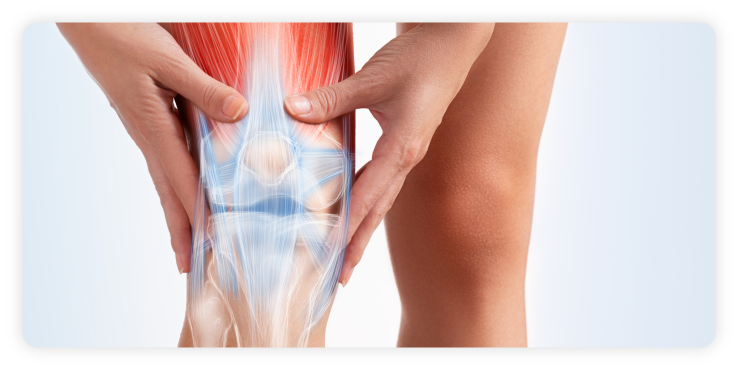What are Finger Fractures?
A fractured finger is usually not a minor injury. The bones in a normal hand line up precisely. They let you perform many specialized functions, such as grasping a pen or manipulating small objects in the palm. When a finger bone fracture happens, it can cause your whole hand to be out of alignment. Without treatment, the broken finger might stay stiff and painful.
What causes Finger Fractures?
Some causes of finger fractures include slamming fingers in a door, when putting out a hand to break a fall, when finger jams while trying to catch a ball, carelessness when working with power saws, drills, and other tools that can result in a fractured finger. Symptoms of finger fractures are similar to hand fractures.
Symptoms of Finger Fractures
Symptoms include swelling, tenderness, bruising at the fracture site, inability to move the injured finger completely, and deformity of the injured finger.
Finger Fractures Treatment
A splint or cast to hold the finger straight and protect it from further injury while it heals would be recommended. An x-ray might be needed along with a treatment program to monitor the progress of the fracture as it heals. Upon getting clearance for physical therapy, rehabilitation exercises to aid and reduce finger stiffness and swelling will be recommended. Goals for hand therapy post-finger fracture immobilisation are optimal loading and restoration of normal tissue relationships to improve motion, strength, and ability to perform functional activities of daily living. Manual therapy techniques such as soft tissue massage and modalities such as ice therapy, therapeutic ultrasound therapy, and electro-stimulation therapy will be used in treatment. Personalised exercises to improve the strength and performance of the finger and surrounding muscles will also be prescribed by your physiotherapist in Singapore. If in doubt, please seek professional advice.
What are Hand Fractures?
The bones of the hand support the muscles that make the wrist and fingers move. When one of these hand bones is broken (fractured), it can prevent one from using the hand, wrist, and fingers.
What causes Hand Fractures?
This injury can be caused by direct blows or falls. Motor vehicle crashes can cause hand bones to break, sometimes into many pieces, and often require surgical repair. People who may be at higher risk of a broken hand are those who participate in contact sports like football or hockey or a condition in which bones become thinner and more fragile (Osteoporosis).
Symptoms of Hand Fractures
Some symptoms of hand fractures include swelling, bruising, tenderness or pain, and inability to move the finger.
Hand Fractures Treatment
For most cases, medical evaluation and x-rays are usually needed for a doctor to diagnose the fracture and determine the treatment. Depending on the type of fracture, the hand surgeon may recommend one of several treatment methods. A splint or cast may be used to treat a stable fracture. Some unstable fractures in which the bone has moved may need to be set and then held in place with wires or pins. This is done without surgery. More serious fractures may need surgery to set the bone and hold the bone fragments together with pins, plates, or screws. After surgery, physiotherapy in Singapore can help improve joint mobility and functions. Manual therapy techniques such as soft tissue massage and modalities such as ice therapy, therapeutic ultrasound therapy, and electrotherapy will be used in treatment. Personalised exercises to improve the strength and performance of the hand and surrounding muscles will also be prescribed. If in doubt, please seek professional advice.
Rehabilitation Support for Hand and Finger Fractures
Following a fracture, physiotherapy may help restore movement, reduce stiffness, and gradually rebuild strength in the hand or fingers. Visit our Physio Clinic in Singapore and how physiotherapy may assist in the recovery process following hand or finger injuries.
Check out our popular articles: Diastasis Recti, Tight Back Muscles, Irritable Bowel Syndrome (IBS), Temporomandibular Joint (TMJ) Dysfunction, Tennis Elbow, Wrist Tendon Injury, Sciatica, Whiplash, Hernia, Herniated Disc (Slipped Disc).






